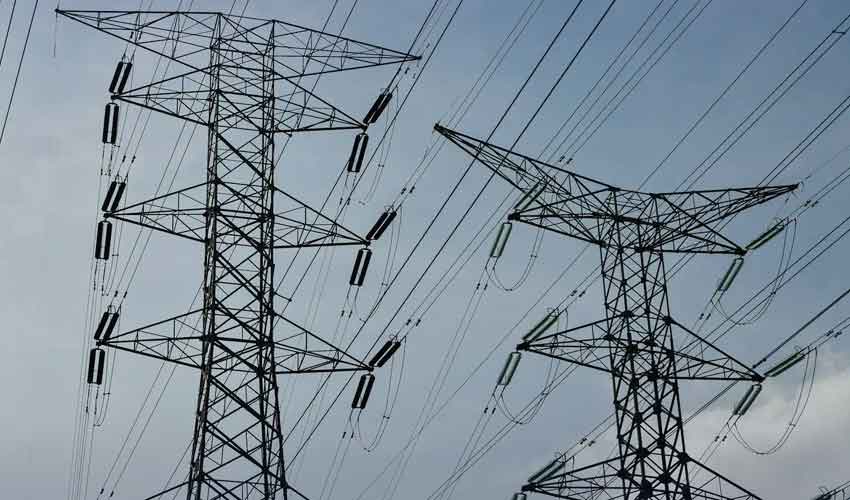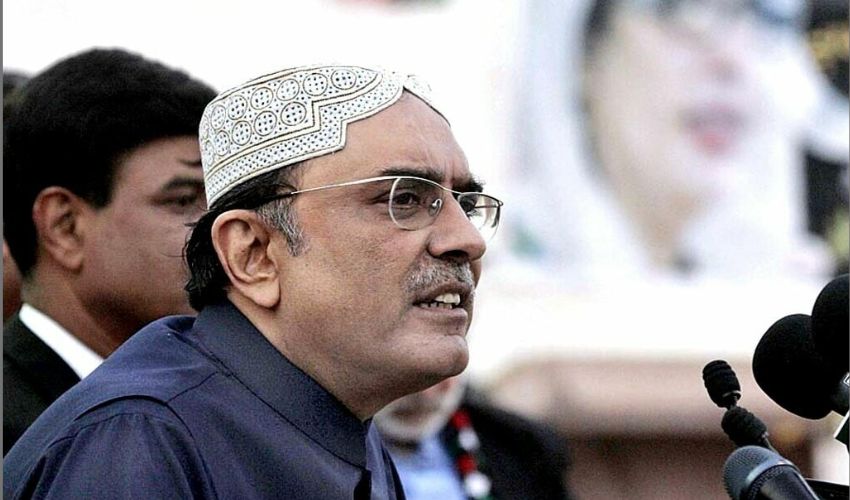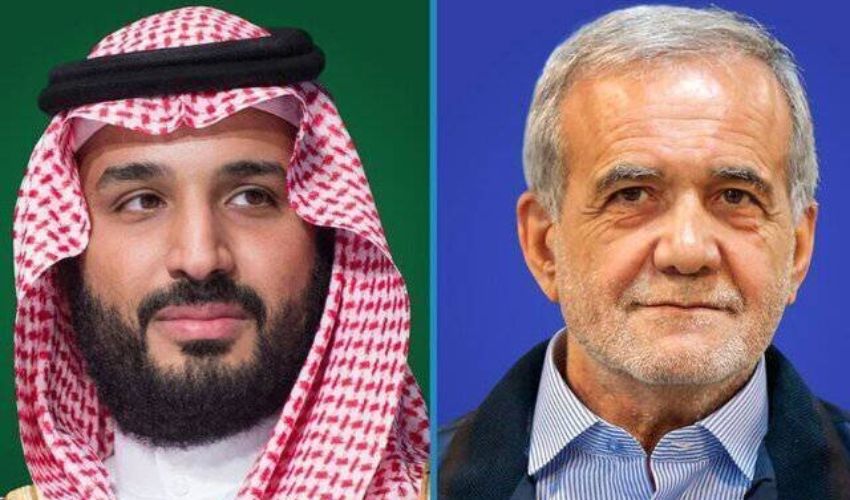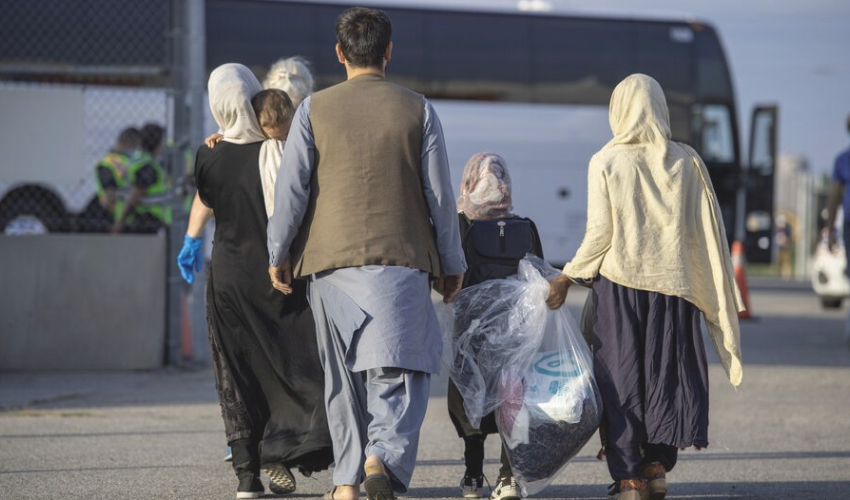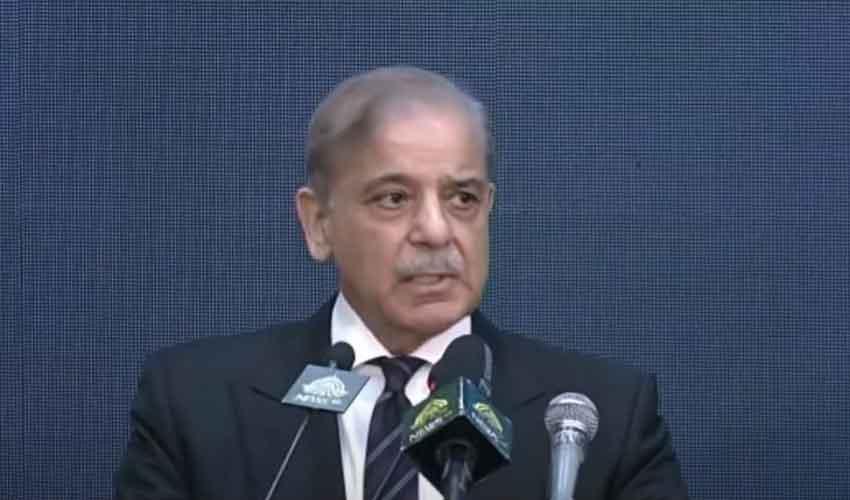The first three Israeli hostages, all women, were handed over to the Red Cross in Gaza City on Sunday, following the newly enacted truce between Israel and Hamas.
According to details, the Israeli military confirmed the transfer as part of an agreement mediated by Qatar, the United States, and Egypt.
Meanwhile, the truce, initially scheduled to begin at 8:30 am, faced a delay of nearly three hours due to a dispute over the list of hostages to be released.
The ceasefire eventually took effect amid ongoing violence, with Gaza's civil defence agency reporting 19 fatalities and 25 injuries in bombardments before the ceasefire commenced.
The Israeli army stated, "The Red Cross has communicated that the three Israeli hostages were transferred to them and are on their way" to be received by Israeli forces.
The Hostage and Missing Families Forum identified the freed women as Emily Damari, Romi Gonen, and Doron Steinbrecher.
In a statement to the media, a senior Hamas official confirmed, "The hostages were officially handed over to the Red Cross ahead of their return to Israel."
The agreement outlined the release of 33 Israeli hostages, including 31 individuals captured during Hamas’s unprecedented 7 October attack on Israel, in exchange for 1,900 Palestinian detainees held in Israeli custody.
As the truce took hold, the United Nations reported the entry of the first humanitarian aid trucks into Gaza.
Thousands of displaced Palestinians began returning to their devastated homes, carrying personal belongings across landscapes marked by rubble and destruction. In Jabalia, Rana Mohsen expressed the grief of her return, stating, "We are finally in our home. There is no home left, just rubble, but it’s our home."
The deal’s terms required Israeli forces to withdraw from densely populated areas and allow displaced residents to return.
Egyptian Foreign Minister Badr Abdelatty announced that 600 trucks carrying supplies, including 50 with fuel, would be permitted into Gaza daily.
Despite the fragile optimism surrounding the truce, uncertainty lingered. Israeli Prime Minister Benjamin Netanyahu described the agreement as a "temporary ceasefire," adding that Israel retained US support to resume military operations if necessary.
Meanwhile, US President-elect Donald Trump claimed credit for the breakthrough, stating, "The war has to end, but to keep doing what has to be done."







